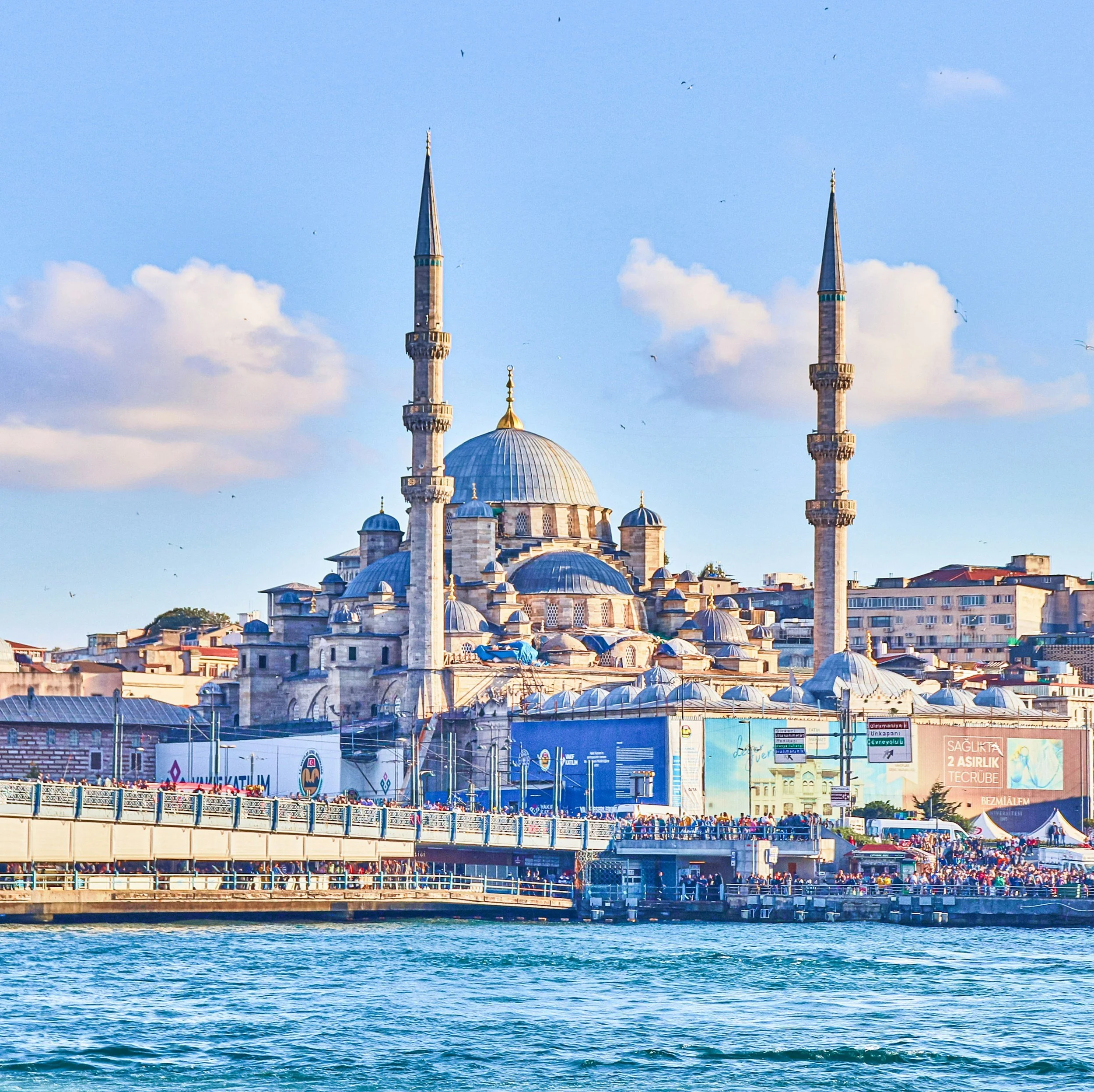The history of Ireland bears the deep scars of a brutal campaign of conquest, one that left its Catholic faithful devastated and dispossessed. Among the most harrowing episodes of this dark chapter was the arrest and deportation of parishioners from Lackagh Church in County Kildare by Cromwell's forces in the mid-17th century. This event stands as a testament to the calculated effort to erase Ireland's Catholic identity and reduce its people to servitude.
Lackagh Church, like so many others, was more than a place of worship; it was a sanctuary for a persecuted people whose faith was under relentless attack. The Cromwellian conquest of Ireland (1649–1653) unleashed a reign of terror under the guise of military and political subjugation. Oliver Cromwell, driven by his Puritan zeal and disdain for Catholicism, unleashed a campaign that resulted in mass slaughter, land confiscations, and forced displacement of Irish Catholics.
At Lackagh Church, history tells of a grim raid where parishioners seeking solace in prayer were seized, accused of rebellion, and condemned without trial. Many were deported to Barbados and other colonies, part of the broader Cromwellian policy of “transportation.” This policy saw thousands of Irish men, women, and children torn from their homeland and sold into indentured servitude in the New World. These victims of forced exile would toil under brutal conditions, their Irish identity and Catholic faith clung to as their only solace.
The Cromwellian conquest was a catastrophic turning point for Catholics in Ireland. Cromwell’s forces decimated towns, desecrated churches, and enacted the infamous Act of Settlement in 1652, which stripped Catholics of their land and confined them to the barren regions of Connacht. This policy sought to obliterate the Catholic majority and replace it with Protestant settlers.
For those transported to Barbados and beyond, the suffering continued. Known as the "Redlegs," these Irish exiles endured grueling labor on sugar plantations, often alongside African slaves. They were subjected to cultural erasure, yet many resisted by preserving their Catholic faith in secret, passing it on to future generations despite the harsh penalties imposed by their oppressors.
A wall at Lackagh Church commemorates those killed and transported for slavery to Barbados, including 5 Catholic priests:
The tragedy of Lackagh Church and the broader Cromwellian atrocities remain a poignant reminder of the resilience of Ireland’s Catholic faithful. Despite the devastation, the Irish endured, carrying their faith through centuries of persecution. Today, the ruins of churches like Lackagh stand as solemn witnesses to the trials of the past and the unyielding spirit of a people who refused to be broken.
In commemorating these events, Catholics worldwide are called to remember the martyrs of Ireland, those who suffered for their faith and heritage. It is a call to vigilance, ensuring that the lessons of history inspire a renewed commitment to justice, religious freedom, and the preservation of cultural identity.
In recent years, radical extremists have tackled the slavery of Irish people in Barbados, due to the problematic reality of Ireland’s colonisation, which they believe detracts from narratives about so called ‘white privilege’.
As we reflect on the resilience of those who endured the Cromwellian scourge, let us also honor their memory through prayer and the continued defense of the values they held dear. Their sacrifice was not in vain, and their legacy lives on in the enduring faith of the Irish people.
Human rights activist Pangur Ban has drawn attention to this issue in a powerful thread today on X.





